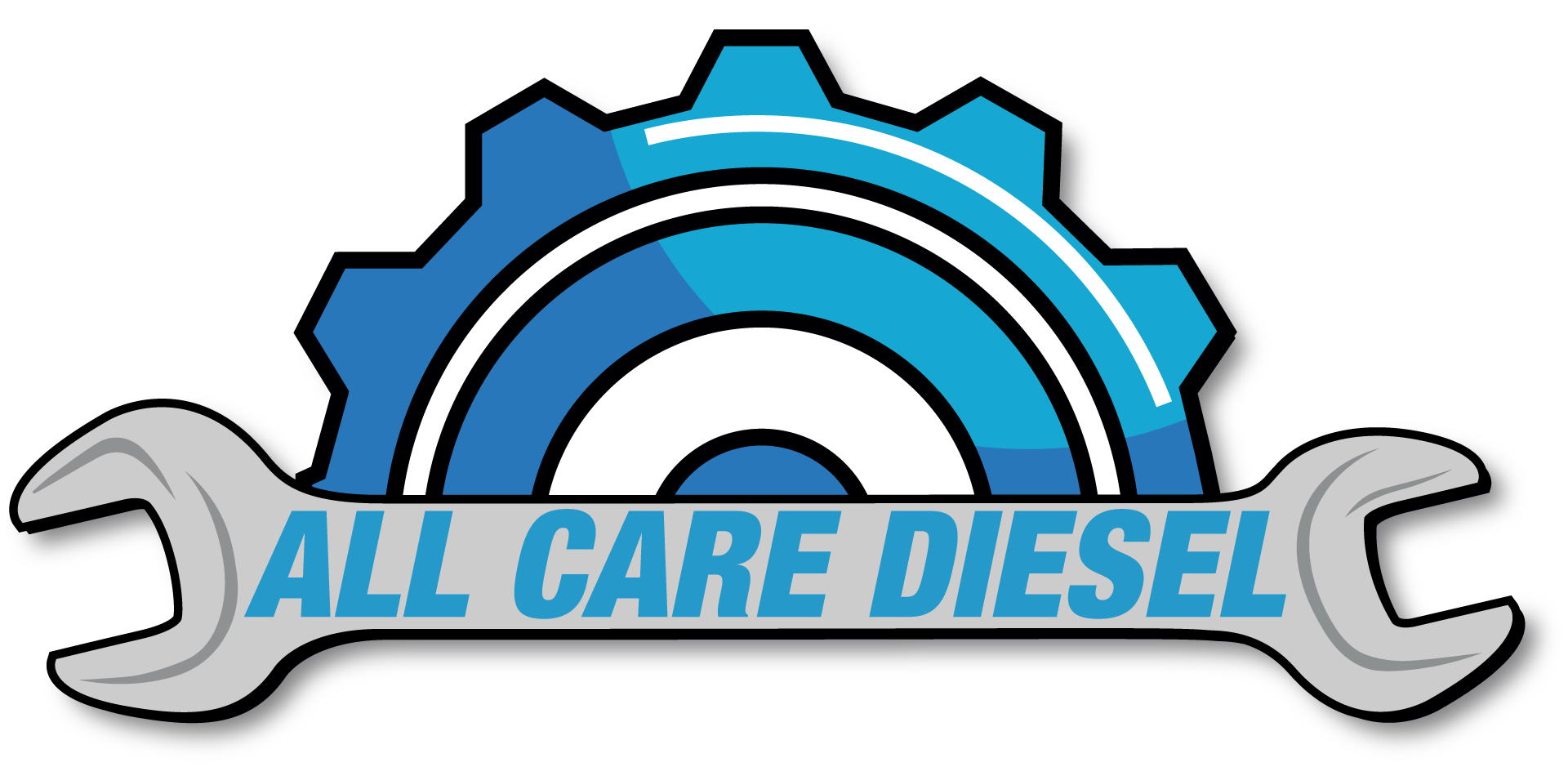How Do You Diagnose Common Excavator Repair Problems?

Common Excavator Repair Issues
1) Hydraulic System Issues
Slow Movement
The slow movement of an arm, boom, or bucket can be frustrating and affect project timelines. Always check hydraulic fluid levels and condition. If it is within the given range, and clean the issue may be related to clogged filters, worn seals, or damaged valves. Consult the machine's manual for guidance and if there is a problem, contact the diesel equipment mechanic in Surrey.
Hydraulic fluid leaks
This can lead to environmental problems, reduce hydraulic performance, and damage components. Identify the source of the leak and assess its intensity. Minor leaks can be resolved by tightening connections or replacing damaged hoses but severe leaks require professional repair to prevent further damage.
Overheating
Overheating reduces efficiency and results in potential damage to components. Always ensure proper hydraulic fluid liquid levels and quality, and check for problems in the cooling system such as debris or dirt. Address these issues immediately to prevent overheating.

2) Engine Problems
The problem with starting
Difficulty in starting the excavator can cause downtime. Keep checking on the battery for charge and connections. Always ensure fuel is free from contaminants. If the issues persist, contact a skilled heavy equipment mechanics for further diagnosis and repair.
Power loss
A decreased engine power might make it harder for the machine to do its tasks well. Keep checking on the air filters for clogs and replace them if necessary. Regular maintenance and servicing can prevent power loss.
Excess smoke
Excessive smoke is an indication of engine problems and environmental concerns. Check the color of the smoke (black, white, or blue) to diagnose the issue. Black smoke indicates excessive fuel, white smoke is coolant-related, and blue smoke indicates oil burning. Consult a mechanic in Surrey, for maintenance and repair plans.
3) Structural Problems
Boom and stick damage
Boom and stick are important components for excavation tasks. While performing tasks excessive stress can lead to cracks or structural damage. Check these components regularly for any signs of damage. Address the issues immediately to prevent further damage and ensure safe operation.
Bucket and attachment wear
Using the bucket and attachment wear continuously can cause wear and tear affecting the digging efficiency. Check the bucket edges and attachment connections regularly and replace the damaged attachments to maintain optimal performance and avoid unnecessary stress on the excavator.
Frame and body damage
The excavator body is subjected to heavy loads and stress during operation, leading to cracks or structural damage over time. Check the frame and body thoroughly and repair them on time to avoid further damage and ensure the longevity of the frame.
4) Electrical and Wiring Troubles
Dead batteries
A weak battery can result in electrical system failures and prevent the machine from starting. Check your battery voltage and connections regularly. Replace aging or failing batteries immediately to avoid unexpected downtime.
Wiring Harness Damage
Damaged wiring can lead to electrical malfunctions, affecting controls and safety systems. Check the wiring harness regularly for wear, damage, or exposed wires. Replace damaged sections or entire harnesses as needed. Proper storage and protection can prevent future damage.
Malfunctioning gauges and controls
This can hinder the operator's ability to monitor and control the machine. Check and calibrate gauges and controls regularly. Replace the malfunctioning components and ensure proper connections.
5) Undercarriage Issues
Track problems
Roller wear
Excessive wear can cause track misalignment, leading to premature wear and reduced efficiency. Regularly check the components and replace worn sprockets and rollers to maintain optimal track tension.
Idler Issues
Ldler plays an important role in maintaining alignment of the tracks, regularly inspecting and replacing damaged or worn idlers to ensure extended undercarriage life.
Regulator Maintenance
Regular maintenance plays a crucial role in preventing many excavator problems. Follow a comprehensive maintenance schedule including fluid checks, filter replacement, lubrication, and component inspections, by following manufacturer-recommended maintenance intervals for optimal performance and longevity of the machine.
Operator Training
Every individual cannot operate an excavator proper operator training is essential for the safe operation of the excavator. Inadequate training may lead to misuse causing premature wear and damage to the equipment. Invest in the training programs to ensure the operator understands proper procedures, safety protocols, and maintenance practices.

In the world of heavy equipment excavators are reliable powerhouses important for construction and excavation tasks. Excavators can have problems with hydraulic systems, engine troubles, and electrical glitches that can make them less reliable. Always remember slow movement or leaks hint at potential issues. taking immediate action when tightening connections or seeking professional help saves time and prevents damage. Preventive maintenance is important against breakdowns. Fluid replacements and part inspections are shields against costly repairs to empower operators through proper training.
In the construction world, excavators are more than machines; they are the heartbeat of progress. Regular care and knowledge handling guarantee support in building the world around us.
